
Gender equality: We may never fully succeed, but we still have to fight
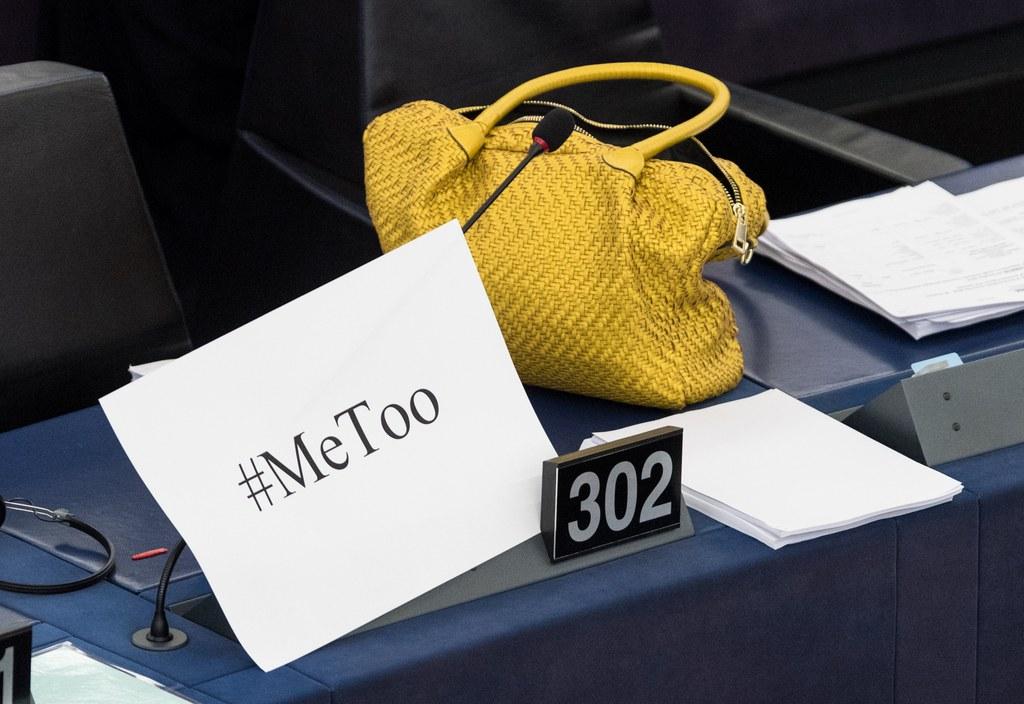
What is it like to spend your life fighting discrimination against women, starting decades before the “Me Too” movement? There has been progress, says Patricia Schulz, but much remains to be done in most countries.
At 69, Schulz still has a twinkle in her eye, with a certain sense of realism that perhaps comes with age. She has not, it seems, lost any of her passion, sense of humour or her human touch.
The independent expert for the UN on gender equality agreed to meet us in Geneva, but rather than choose an anonymous UN corridor, she invited us to her home, a small but comfortable apartment near the centre of town. She greeted us and offered us coffee, asked if we were comfortable and if she should close the window. She had prepared her notes, and obviously knows what she is talking about.
Schulz was born in Geneva in 1949, just after the Second World War, of a Swiss father and an American mother who grew up in France. “In my family we often talked of the War,” she says. “We often talked of the Holocaust, and for me this was a complete mystery. How is it possible that you decide – and that’s what the Nazi regime did – that you are entitled to kill a whole people? What is it that constructs our whole humanity, and how do you destroy the common part of being human? I think that is what led me to want to deal with gender equality because I saw there that the imbalance was so big between men and women and what the ones were entitled to do to the others.”
She trained as a lawyer, and her career includes 16 years as Director of the Swiss Federal Office for Gender EqualityExternal link.
But doesn’t she feel angry that it is still necessary to fight discrimination against women in 2018? Not angry, she says, because it is not a surprise, but sometimes frustrated:
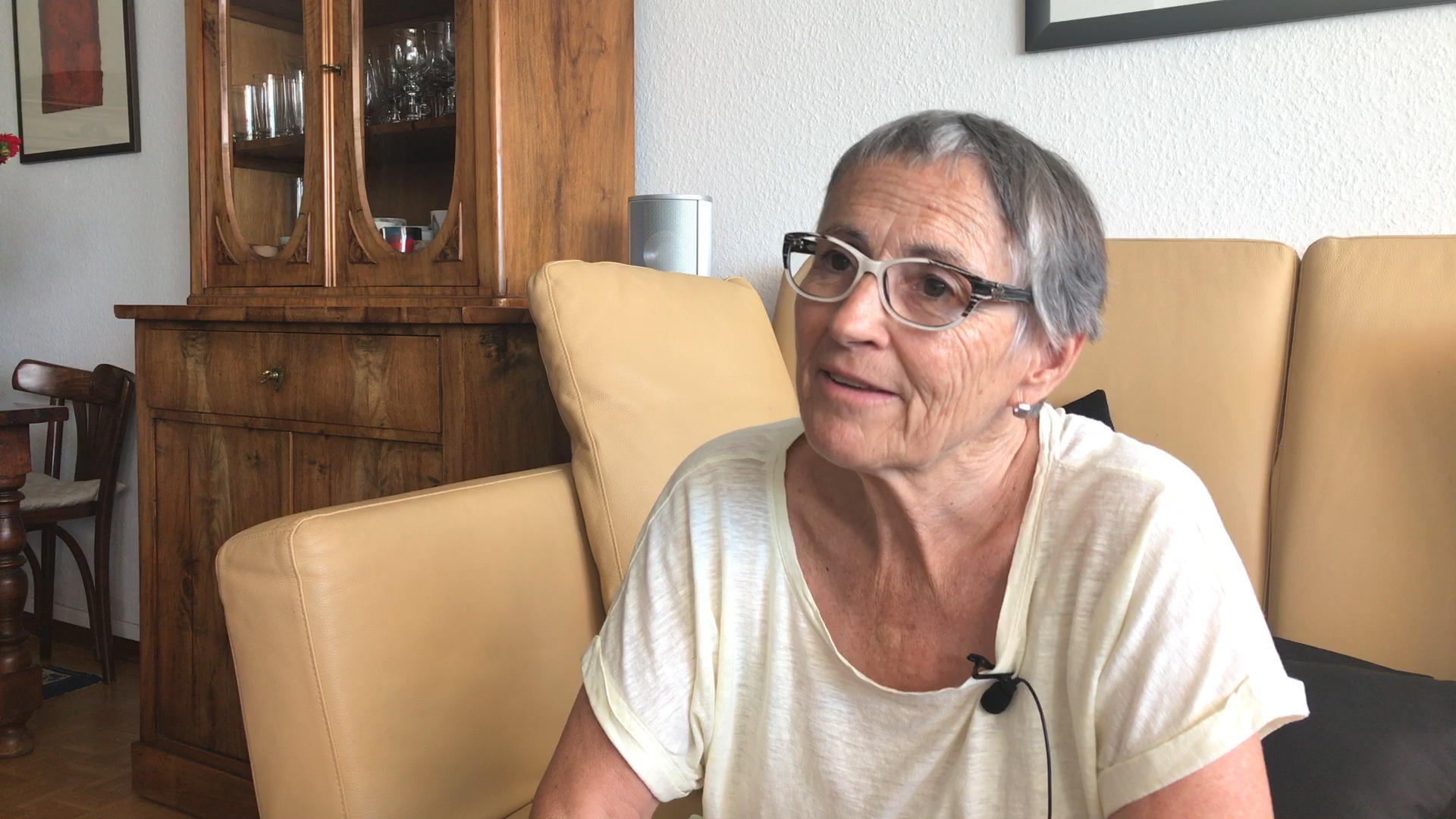
More
Patricia Schulz on fighting for the future
Schulz is now coming to the end of her second mandate as the only Swiss member of a 23-strong UN expert committeeExternal link monitoring implementation of the Convention on the Elimination of All Forms of Discrimination against Women (CEDAWExternal link). That UN Convention came into being in 1979. So what has changed since then?
Much has changed in 40 years, she replies, including many positive developments. Education for women has improved almost everywhere, and there has been a lot of progress on sexual and reproductive health and rights, including better access to contraception, which has changed many women’s lives, as well as access to safe and legal abortion. Women are also “far more involved in employment and so are being empowered economically”, she says.
This is particularly the case in developed countries, but she thinks that they should not feel too self-satisfied, particularly with regard to political rights.
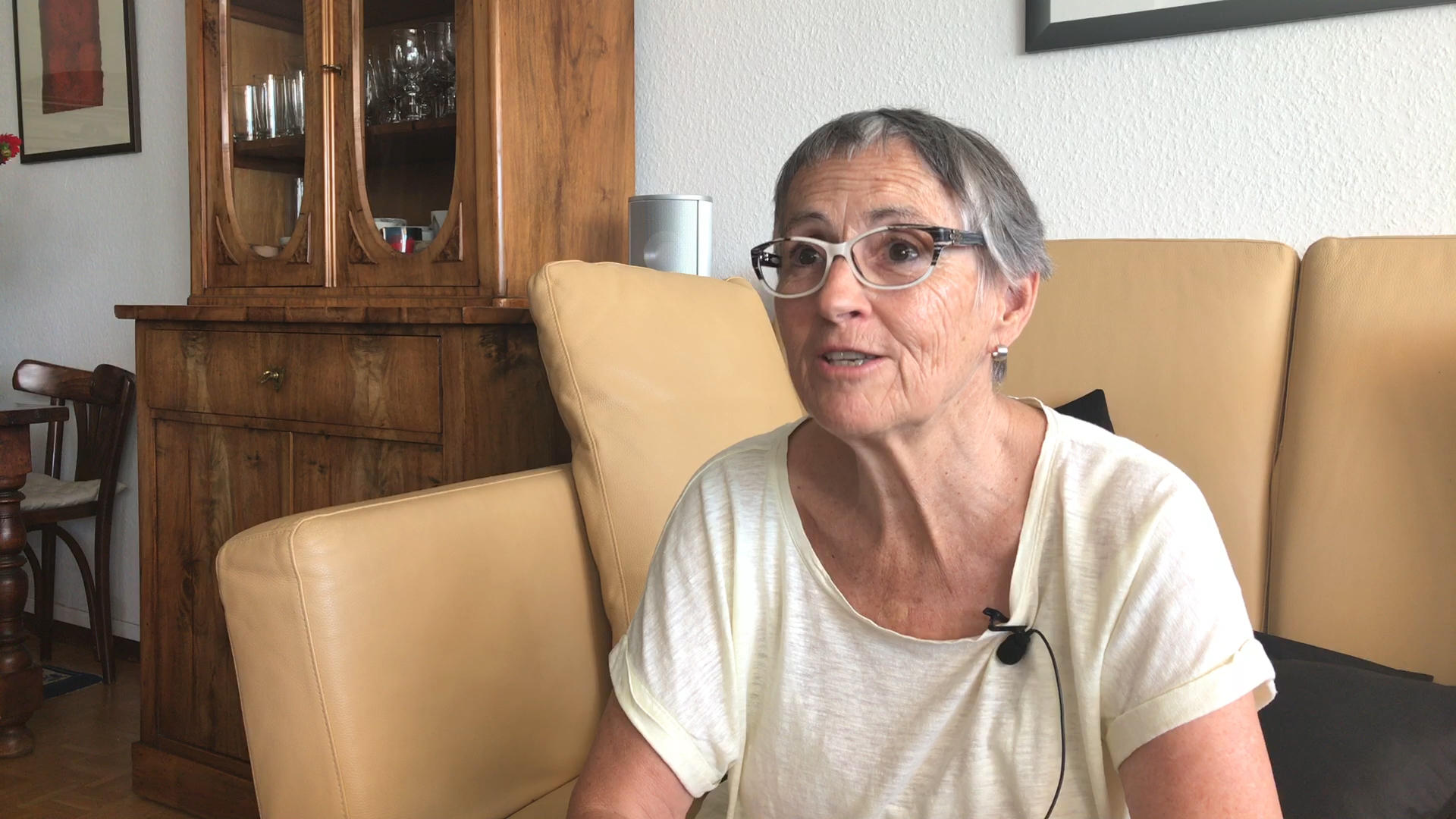
More
Patricia Schulz on political rights
And what about Switzerland, the last country in Europe to give women the vote, in 1971? Schulz thinks Switzerland’s system of direct democracy has something to do with that:
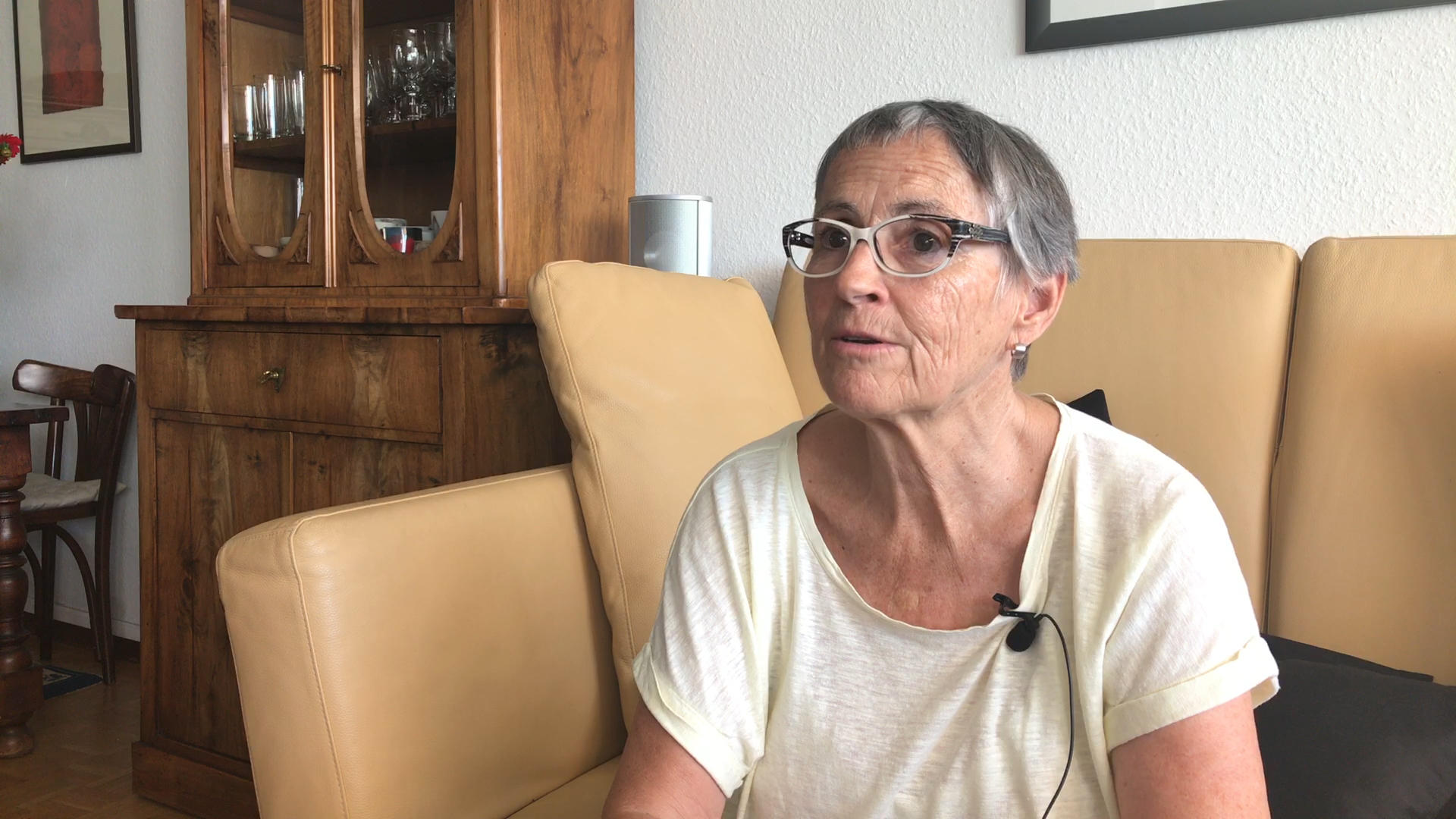
More
Patricia Schulz on direct democracy and women’s right to vote
Since then, she thinks Switzerland has generally made good progress.
But let us not forget the negative things that have happened. “In the last 40 years we have seen a very concerning increase in sexual violence against women,” Schulz told swissinfo.ch. “That is sometimes in conflict torn countries, sometimes not. And the forms of violence are horrendous. I mean, we know that rape has been used as an element in wars, but we see cases where a country is not at war and yet when a woman is raped or disappeared, they are tortured, their bodies are mutilated and discarded in the garbage.”
Reliable statistics are hard to come by, especially since many victims of sexual abuse, both male and female, do not report cases. Statistical trends may also be distorted by the fact that growing awareness has brought more reporting. Yet indeed, rape and sexual abuse were used as weapons on a large scale during the wars in Bosnia and Rwanda in the 1990s, and are still being used in places such as SyriaExternal link, South SudanExternal link, MyanmarExternal link and the DRCExternal link. And as Schulz says, it is not only conflict countries. In the UKExternal link, an official analysis recently found that one in five women in England and Wales have experienced some type of sexual assault since the age of 16. In the US, someone is sexually assaulted every 98 seconds, according to the Rape, Abuse and Incest National Network (RAINNExternal link).
In the course of her work for the CEDAW committee, which also receives communications from individuals and NGOs on cases of abuse, Schulz is frequently confronted with horrendous stories. She says contact with courageous human rights defenders helps keep her going:
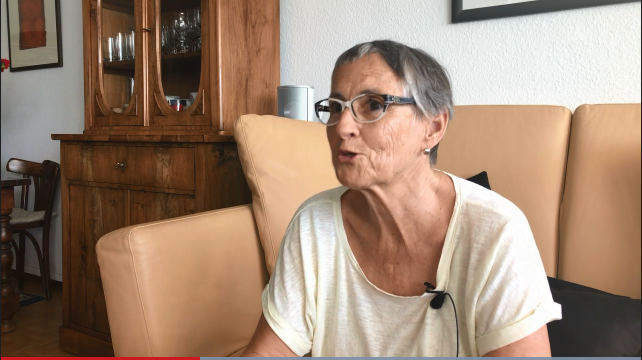
More
Patricia Schulz on “heroes and heroines” of our time
So what will she do when she steps down at the end of the year? “I will soon be 70, and I know that I need time for different things, but I certainly intend to continue working in the field of gender equality as an activist,” she says. “I was an activist in my youth, I then went into what is called institutional feminism when I worked in the federal administration for 16 years, and I’ll go back to working with NGOs. I love teaching and I have the chance of being invited to participate in some training programmes for human rights defenders. That is something I shall certainly continue doing.”
Apart from that, she says she will “travel, read more, see my family more and prepare for the end of life.” But she says it with a smile, and a twinkle in her eye.
If you have more questions on discrimination against women, drop us a line in the comments section of this article.

In compliance with the JTI standards
More: SWI swissinfo.ch certified by the Journalism Trust Initiative















![The four-metre-long painting "Sonntag der Bergbauern" [Sunday of the Mountain Farmers, 1923-24/26] had to be removed by a crane from the German Chancellery in Berlin for the exhibition in Bern.](https://www.swissinfo.ch/content/wp-content/uploads/sites/13/2025/12/01_Pressebild_KirchnerxKirchner.jpg?ver=f05a5a9c)















You can find an overview of ongoing debates with our journalists here . Please join us!
If you want to start a conversation about a topic raised in this article or want to report factual errors, email us at english@swissinfo.ch.